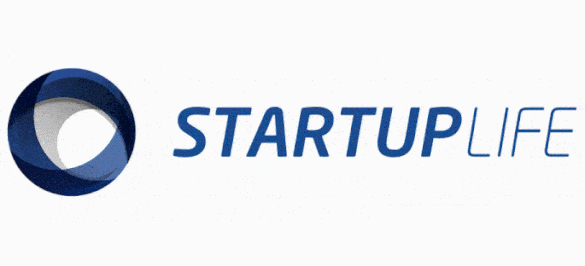By Lucas Euzébio and Layon Lopes*
A very common question for foreign clients when opening a company in Brazil is to understand how to hire employees? Is there any standard model? Which is more economically advantageous?
This is an introductory article that seeks to explain in a simple way some important concepts when hiring employees or service providers in Brazil.
The purpose of this article is precisely to bring such answers and greater knowledge when defining how your team’s workforce will be here in Brazil, making the decision consciously and understanding which taxes to be collected, risks in each contracting format and which its differentials.
Objectively, in the eyes of the law, in Brazil we will have 3 types of hiring, each with its own peculiarities, which we will discuss below.
1. Employment Contract:
Perhaps the most common modality is this, the employment contract, governed by labor legislation (CLT). This format recognizes that the employee is an employee of the company and, therefore, will have to comply with the employer’s orders, such as working hours, subordination in day-to-day tasks, it is the format in which the employer will “sign” the work card, recognizing the person as an employee and, therefore, will collect some taxes and often offer benefits, such as: fixed monthly salary, meal voucher, transportation voucher, 13th salary, vacation, guarantee fund, etc.
This is the most suitable format when the company is actually looking to hire an employee. However, from an economic point of view, costs need to be put on paper and planning carried out.
Example: An employee who receives a salary of R$ 1,500.00 “reais”, costs the employer almost R$ 3,000.00, something around R$ 2,800.00 in view of mandatory payments, such as vacations, 13th salary, etc.
In this sense, it is important that the founder, when defining his workforce, has a strategic plan for the cost of hiring an employee in Brazil.
2. Contract by RPA (“standalone payment receipt”):
This hiring format is intended to hire the services of self-employed professionals, without generating the so-called “employment bond” that exists in format No. 1 “employment contract” presented above.
RPA stands for “standalone payment receipt” and should be used when the entrepreneur seeks a timely service. In other words, something non-recurring as an employee in the company’s daily life.
When issuing the RPA (receipt) the entrepreneur must pay some taxes, such as INSS, IRRF and ISS. These are important taxes and each type of service will have a different table of applicable percentages.
Hiring a self-employed professional by RPA does not generate employment, when done correctly. In other words, we will not have the incidence of various taxes.
Finally, the hiring of this type of professional must be for a fixed period, by service, in order not to fulfill requirements that recognize this hiring as an employment contract, which can create legal problems for the entrepreneur who tries to use this format improperly to collect less taxes.
3. Service Provision Agreement (PJ):
It is very common to hear the expression “Contrato PJ” in Brazil. Hiring a “PJ” is nothing more than hiring another company to perform that particular service. That is, it is a “provider” of services and not an employee.
One of the markets that is more used to this type of hiring format is the developer market, since the vast majority provide services to several companies and do not want to have a single employer, as if they were an employee.
In this sense, it is an advantageous format for the entrepreneur, who will only collect the ISS (service tax). Again, each city hall will have a percentage to be charged for each service.
This format is interesting, but it must be used correctly in order not to defraud any employment relationship. If the entrepreneur wants to have a service provider, a “supplier”, this is the best alternative.
As we can see, each contracting format, in short, has its care and peculiarities, as well as a high incidence of taxes.
Therefore, it is important that the entrepreneur seeks a specialized consultancy so as not to make any mistakes or violate the law.
* Layon Lopes is the CEO of Silva | Lopes and Lucas Euzébio is a member of the Silva | Lopes team.











